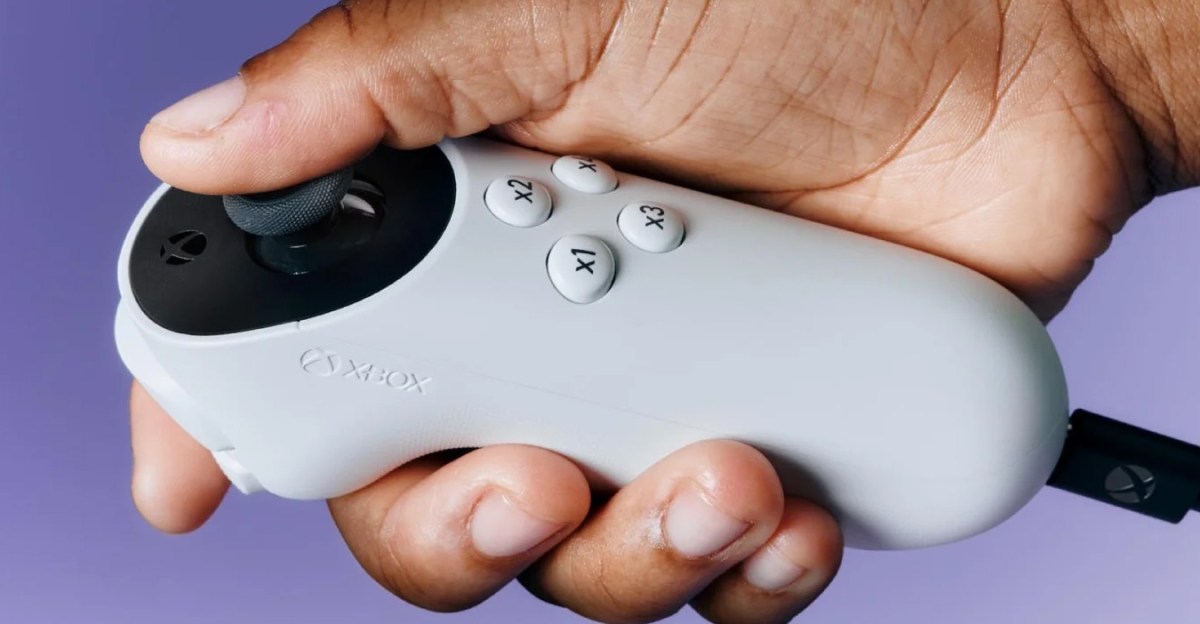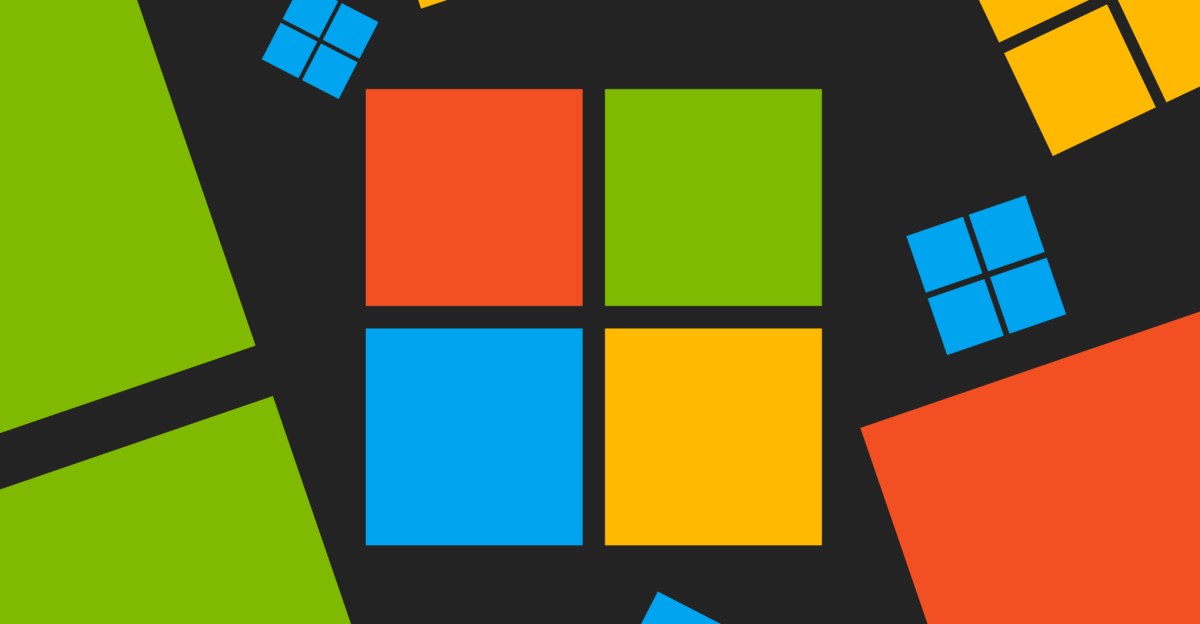Gaming Revolution: Microsoft Unleashes Groundbreaking Adaptive Controller for Gamers of All Abilities
Technology
2025-03-18 18:24:16Content

Empowering Gamers with Limited Mobility: Breaking Barriers in Interactive Entertainment
The gaming world is evolving, and accessibility is at the forefront of this transformation. For gamers with limited mobility, specialized adaptive controllers and innovative design solutions are revolutionizing how they experience interactive entertainment.
Innovative Controller Technologies
Microsoft's Xbox Adaptive Controller stands as a groundbreaking example of inclusive gaming technology. This versatile device allows players to customize their gaming setup with external switches, buttons, and mounting options that accommodate individual physical capabilities. By providing a flexible interface, the controller ensures that no gamer is left behind due to mobility challenges.
Customizable Gaming Experiences
Game developers are increasingly recognizing the importance of accessibility features. Configurable control schemes, adjustable difficulty levels, and alternative input methods are becoming standard considerations in modern game design. These thoughtful adaptations enable players with diverse physical abilities to enjoy immersive gaming experiences.
Community and Support
Organizations and online communities dedicated to adaptive gaming are playing a crucial role in supporting gamers with limited mobility. They provide resources, share technological innovations, and create supportive networks that empower individuals to connect, learn, and enjoy gaming without limitations.
Looking Forward
As technology continues to advance, the future of inclusive gaming looks brighter than ever. Ongoing research, technological innovations, and a growing commitment to accessibility are breaking down barriers and ensuring that gaming remains a universal form of entertainment for everyone.
Revolutionizing Gaming: Microsoft's Groundbreaking Accessibility Controller Transforms Interactive Experiences
In the rapidly evolving landscape of digital entertainment, technological innovation continues to break down barriers, creating unprecedented opportunities for individuals with diverse physical capabilities. The gaming industry stands at a critical intersection of technology and inclusivity, where cutting-edge design meets human potential.Empowering Gamers: Where Technology Meets Compassionate Design
The Inclusive Gaming Revolution
Microsoft has emerged as a pioneering force in reimagining gaming accessibility, developing a revolutionary controller that fundamentally transforms how individuals with limited mobility engage with interactive digital experiences. This innovative device represents more than just technological advancement; it embodies a profound commitment to ensuring that gaming becomes a universal experience transcending physical limitations. The adaptive controller challenges traditional design paradigms by offering unprecedented customization options. Its modular architecture allows users to connect external switches, buttons, and input devices, creating personalized configurations that accommodate individual physical capabilities. Each connection point becomes a gateway to immersive digital worlds previously inaccessible to many gamers.Engineering Empowerment: Technical Innovations
Sophisticated engineering principles underpin the controller's groundbreaking design. Extensive research into ergonomics, user experience, and assistive technology informed every aspect of its development. Large, programmable buttons with enhanced tactile feedback provide intuitive interaction mechanisms, while multiple USB and 3.5mm jack inputs enable seamless integration with adaptive peripherals. The device's core philosophy centers on flexibility. Recognizing that no two users experience mobility challenges identically, Microsoft's engineers created a platform that adapts to individual needs rather than requiring users to conform to standardized input methods. This user-centric approach represents a paradigm shift in technological design.Social and Psychological Impact
Beyond technical specifications, the controller addresses profound psychological dimensions of gaming accessibility. For many individuals with limited mobility, interactive digital experiences offer critical opportunities for social connection, skill development, and personal empowerment. By removing technological barriers, Microsoft enables meaningful participation in global gaming communities. Psychological research consistently demonstrates the therapeutic potential of interactive digital experiences. Gaming can enhance cognitive function, provide stress relief, and create platforms for social interaction. The adaptive controller transforms these potential benefits from theoretical concepts into tangible realities for individuals previously marginalized by technological limitations.Economic and Industry Implications
Microsoft's initiative signals a transformative moment in the gaming industry's approach to accessibility. By prioritizing inclusive design, the company not only expands its market potential but also challenges competitors to reconsider their product development strategies. This approach represents a sophisticated understanding that technological innovation must serve diverse human experiences. The economic implications extend beyond immediate product sales. By demonstrating a commitment to accessibility, Microsoft cultivates brand loyalty and positions itself as a socially responsible technological leader. This strategy resonates with increasingly conscientious consumer bases seeking companies that align technological innovation with genuine human needs.Future Technological Horizons
The adaptive controller represents more than a singular product; it symbolizes an emerging technological paradigm where design prioritizes human diversity. As artificial intelligence, machine learning, and adaptive technologies continue evolving, we can anticipate increasingly sophisticated approaches to technological inclusivity. Emerging research suggests future iterations might incorporate advanced sensor technologies, predictive input mechanisms, and even neural interface capabilities. These potential developments could further dissolve barriers between human intention and digital interaction, creating unprecedented opportunities for individuals with diverse physical capabilities.RELATED NEWS

Sneak Peek: Android 16 Beta 3 Drops Tantalizing Hints of What's to Come

Oblivion Remastered: A Nostalgic Challenge in the Shadow of Modern Gaming Titans






